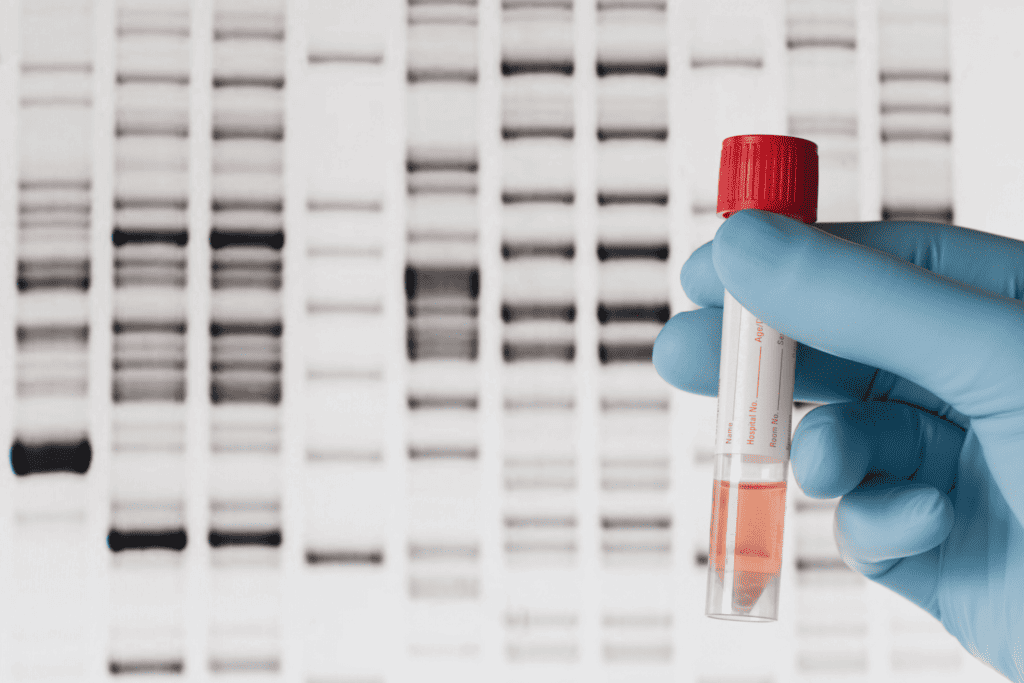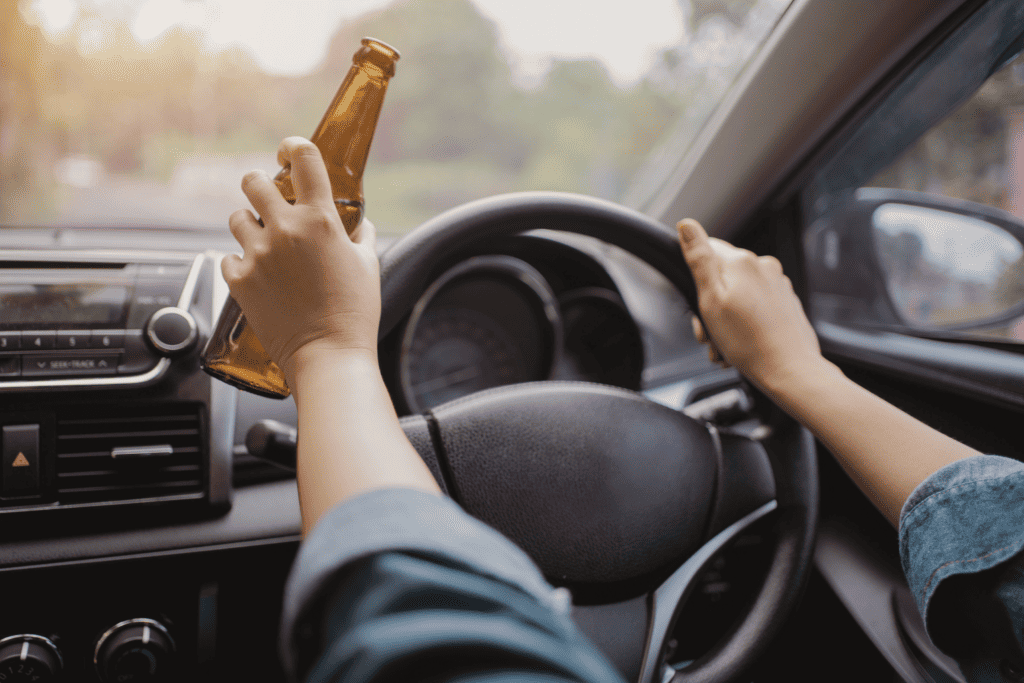People who are addicted to alcohol or drugs are curious to know the causes. What causes addictive disorder? In fact, some people have genetic predisposition for an addictive condition or substance misuse disorder. But having genetic predisposition does not imply that the person will develop depressing addictions. Genetics can affect all of your risk levels.
Substance Use Disorder
It’s crucial to understand that substance use disorder refers to a complex condition where an individual experiences persistent and harmful patterns of using substances like drugs or alcohol. This condition can significantly impact various aspects of their life, including physical health, relationships, and overall well-being. People struggling with substance use disorder often find it challenging to control their substance abuse despite the negative consequences it brings. It’s important to note that substance use disorder is not a matter of simply lacking willpower, but rather involves changes in the brain’s functioning that affect decision-making, impulse control, and reward systems.
Genetic Factors
Understanding the role of genetic factors in the development of substance use disorders is a crucial aspect of addressing this complex issue. Genetics can play a significant role in predisposing individuals to a heightened risk of developing substance use disorders. Research has shown that there is a hereditary component to addiction, suggesting that individuals with a family history of substance u may be more susceptible due to shared genetic traits.
Certain genetic variations can impact how the brain responds to substances, affecting factors like tolerance, sensitivity, and the release of neurotransmitters associated with pleasure and reward.

What are the Signs You Have a Genetic Predisposition to Addiction?
Identifying potential signs of a genetic risk factors to addiction can be a valuable step in understanding a person’s risk factors and making informed decisions. It’s important to remember that genetics alone do not determine your fate, but they can provide insights into your vulnerability.
If you have a family history of drug or alcohol abuse where parents or close relatives have struggled with addiction, you might be at a higher risk due to shared genetic traits.
The National Institute on Drug Abuse has identified multiple genes involved in addiction risk, shedding light on the intricate genetic makeup that influences susceptibility. Genetic tests and research, including genome-wide association studies, have revealed specific genes associated with addiction, including those related to psychiatric disorders and mental health. NIDA has conducted valuable research on the genetic links to addiction, national institutes provide many great resources for those hoping to find clarity for themselves or loved one’s.
The influence of genetic variations on addiction risk is further highlighted by studies conducted by the National Institute on Drug Abuse. These studies have indicated that about half of a person’s risk for addiction can be attributed to their genetic makeup.
The emerging science of epigenetic changes, which affect gene expression without altering DNA sequences, offers valuable insights into the interplay between genetic and environmental factors. While specific genes certainly influence addiction risk, the negative effects of substance abuse on the brain’s reward system can lead to epigenetic modifications that contribute to addiction development. Stress hormones, steroid hormones, and other factors in a person’s environment can further influence addiction genetic predisposition.
Genetic testing and data science have opened doors to a deeper understanding of addiction’s genetic basis. Healthcare providers and addiction treatment centers now have more tools at their disposal to offer tailored approaches that consider each individual’s genetic risk. By identifying addiction genes and understanding their interactions within a person’s genetic code, researchers and clinicians are working collaboratively to develop more effective treatments and preventive strategies. This research not only informs clinical pharmacology but also paves the way for future studies that explore how genes and the environment intersect to influence addiction susceptibility from an early age.
Another indicator could be your response to stress. If you tend to cope with stress by turning to substances, this might be influenced by genetic factors that affect your brain’s reward pathways.
Genetic predisposition is just one factor among many, and your choices and circumstances also play a significant role.
Environmental Factors
Environmental factors play a pivotal role in the development of drug addiction, working in tandem with genetic influences to shape an individual’s susceptibility. While genetic predisposition, identified through complex interactions and gene expression within the human genome, contributes to increased risk, environmental factors further contribute to a person’s overall vulnerability. The National Institute on Drug Abuse emphasizes that factors such as exposure to substances, social influences, family dynamics, and life stressors significantly influence increased risk, regardless of an individual’s genetic makeup.
Early exposure to substances, especially during developmental stages, can rewire the brain’s reward system and increase the likelihood of addictive behaviors later in life. Moreover, epigenetic changes resulting from environmental factors can impact gene expression, making environmental research a critical avenue for understanding addiction’s complexities.
Environmental factors, such as social support networks, access to treatment, physical activity, and stress management, all influence a person’s risk of developing substance misuse issues. Our health care providers at our addiction treatment centers recognize the importance of addressing these environmental influences in their therapeutic approaches.

The Impact of Mental Illnesses
Mental illness can have a notable impact on the potential for developing an addiction or substance abuse disorder, as both conditions share complex interactions influenced by genetic makeup and other genes. Just as certain genes contribute to diseases like cystic fibrosis, they also play a role in addiction susceptibility, including disorders such as cannabis use disorder.
While genetics are significant contributing factors, mental health and family history also play crucial roles. Stress hormones, often heightened in individuals with mental illnesses, can further influence addiction risk, potentially leading to alcohol use disorder and other negative consequences.

Warning Signs of Drug Abuse
Recognizing the signs of substance abuse is crucial for early intervention for drug addiction and seeking appropriate help. Here are some potential signs to be aware of:

Behavioral Changes
Sudden shifts in behavior, such as increased secrecy, isolation from friends and family, or changes in social circles.
Neglecting Responsibilities
A decline in performance at work, school, or other responsibilities due to preoccupation with drug or alcohol use.
Physical Changes
Noticeable changes in appearance, such as bloodshot eyes, changes in sleep patterns, weight loss or gain, and deteriorating personal hygiene.
Changes in Mood
Frequent mood swings, irritability, agitation, or anxiety, especially when not using the drug.
Loss of Interest
A loss of interest in activities that were once enjoyed, including hobbies, social events, or personal goals.
Financial Issues
Unexplained financial problems, borrowing money frequently, or selling personal possessions to fund drug or alcohol.
Secretive Behavior
Hiding drug paraphernalia, stashing drugs in unusual places, or being evasive about whereabouts and activities.
Lack of Control
Difficulty controlling drug or alcohol use, using larger amounts over time, and unsuccessful attempts to cut down or quit.
Legal Problems
Involvement in legal issues related to drug possession, driving under the influence, or other drug-related offenses.
Relationship Strain
Conflicts and strained relationships with family members, friends, or colleagues due to drug use.
Changes in Sleep Patterns
Disrupted sleep patterns, insomnia, or sleeping excessively.
Engaging in Risky Behaviors
Engaging in risky activities while under the influence of drugs, such as unsafe sex or driving while impaired.
Preoccupation with Drugs
Constantly thinking about obtaining and using drugs.
Increased Tolerance
Needing higher doses of the drug to achieve the desired effects.
Avoiding Eye Contact
Avoiding eye contact or appearing unusually distant during conversations.
Find Addiction Treatment Near Los Angeles Today
Are you or your loved one struggling with drug addiction? Gloria Detox and Rehab Center is a top rated treatment facility in the Los Angeles, CA area. With a focus on providing a path to sustainable health and wellness, our treatment targets underlying mental health concerns while finding the right plan to treat addiction.
We understand that there can be an inherited component in drug addiction, such as opioid addiction or alcohol use disorder. With a variety of treatment tools like our fitness classes, yoga and meditation, individual and group therapies, and massage therapy, you or your loved one will find a safe space to heal along the recovery journey.

